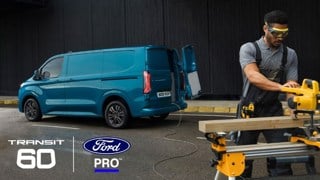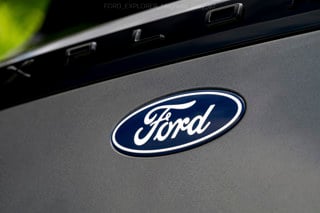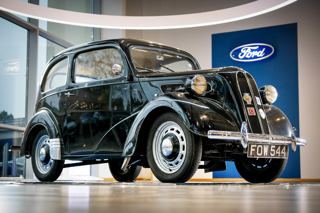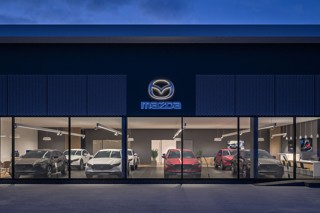But it still plans to launch dozens of new fuel-efficient cars across its brands over the next generation vehicle lifecycles.
“Ford will be offering more than a 100 models and derivatives with improved CO2 or fuel economy performance over the next six years,” promises Booth.
“Hybrids will not be earliest manifestation of what we are doing. We will be launching hybrids around the same time as we will launch our advanced petrol engines .
“This will happen in the next two or three years.”
Ford has little concern that rival hybrids already on the market will have a significant head start. Booth believes these “iconic solutions” do not address the overall CO2 problem.
“A few expensive hybrid cars with limited customer uptake concentrated in major metropolitan areas is, quite frankly, no answer at all. We need volume solutions that can be rapidly adopted and this remains Ford’s thinking. Our aim is to bring environmental motoring to the mainstream,” he says.
“We don’t expect mass uptake of petrol full hybrid, particularly in Europe. Rather than full hybrids in Europe, we expect to see the adoption of component parts of hybrid technologies such as stop/start systems and regenerative braking.”
Many of Ford’s future products will be powered by advanced engines, rather than headline-grabbing technology, says Booth. Plug-in hybrids are restricted because affordable, efficient battery technology is some way off. And without very low CO2 power generation, such as nuclear, wind or hydro, hydrogen power is not CO2 free because of the energy needed to make it.
Ford’s short-term answer is bio-fuel. “We are on a journey from 160g/km CO2 down to 120g in 2012 and we have to carry on going down,” says Booth. “In the near-term, bioethanol does improve CO2 emissions and it is achieved at a low cost to the customer. But bioethanol is not part of the long-term solution – certainly not in Europe and North America.”
In Europe, FFV (flexi-fuel vehicle) derivatives will be offered in every Ford model, and some Volvos. Complementing bio-fuel cars will be advanced engines, led by investment in petrol versions and Euro6-compliant diesels.
“We think within five years from now, advanced petrol engines will account for one-third of all European sales,” says Booth.
The remainder will be split equally between diesels and normal petrol engines.


















Login to comment
Comments
No comments have been made yet.